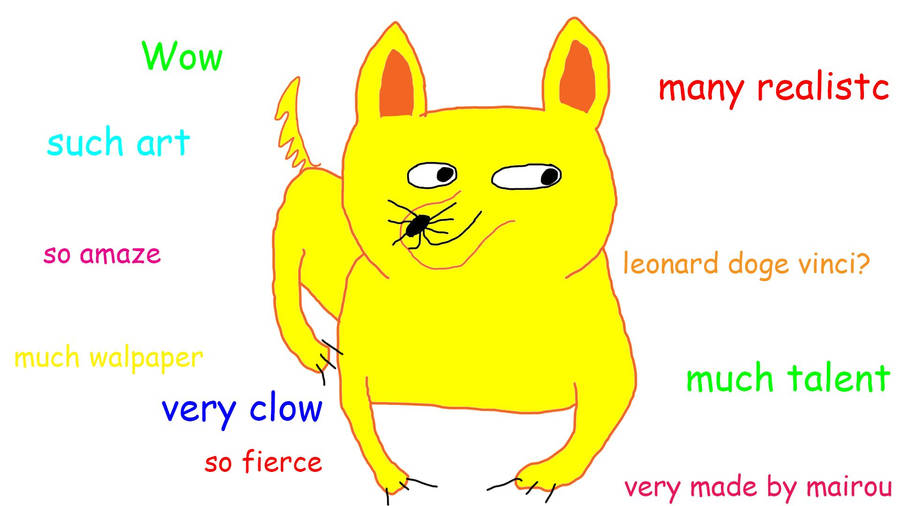Here's perhaps an interesting take on this issue form someone working on the tech side of edtech, trying to build tech for teachers and students, and help them leverage that tech for teaching and learning:
As I say above, it's obviously hard to market this kind of "untidiness." When people are "shopping" for technology for the classroom, most don't want things that half work or might work or try it and let us know what works/doesn't. That only goes so far.
Don't get me wrong, the early adopters of both products I've worked on were just the kind of people who wanted to be part of that kind of experiment and by collaborating closely with them, I believe I've been able to direct product development in both projects towards a more authentic pedagogical value. But that process doesn't, at least I don't think it can, "scale"--a term I realize has it's own problematic ideology.
But I also get frustrated with this lack of tidiness because I want to offer a good product/service/experience to my educational users. I don't want to disrupt the teaching and learning process that should be the focus of everyone's energy in a classroom by my own tool's buginess. I don't want to suggest that a tool can be invisible, but I also don't want a tool to be the focus.
Despite my hesitancy about "untidiness"--no doubt further entrenched by my own anal retentiveness--I'm really interested in how edtech, or perhaps indie edtech, might actually incorporate this kind of philosophy. As long as centers for teaching and learning, and teachers and learners themselves, are on board, I don't see why it can't work.









